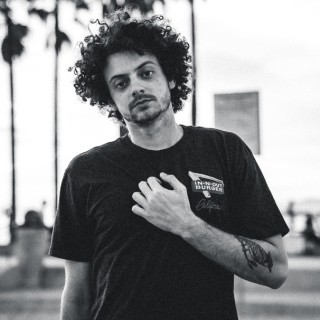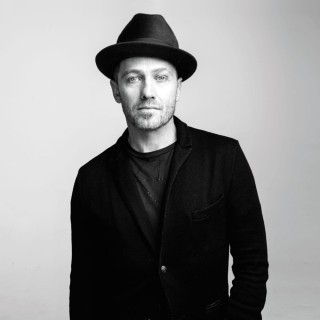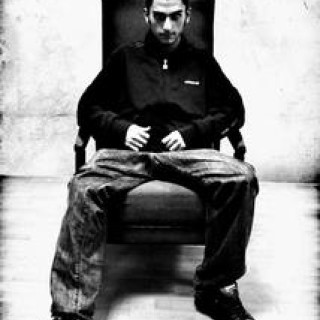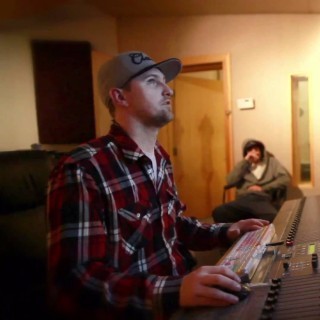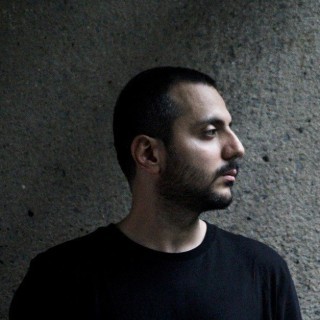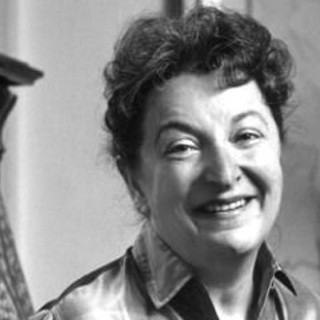
01.02.1969
132
Movie
Tekst piosenki
When you’re young the odds are very good that you’ll find something to enjoy in almost any movie. But as you grow more experienced, the odds change. I saw a picture a few years ago that was the sixth version of material that wasn’t much to start with. Unless you’re feebleminded, the odds get worse and worse. We don’t go on reading the same kind of manufactured novels—pulp Westerns or detective thrillers, say—all of our lives, and we don’t want to go on and on looking at movies about cute heists by comically assorted gangs. The problem with a popular art form is that those who want something more are in a hopeless minority compared with the millions who are always seeing it for the first time, or for the reassurance and gratification of seeing the conventions fulfilled again. Probably a large part of the older audience gives up movies for this reason—simply that they’ve seen it before. And probably this is why so many of the best movie critics quit. They’re wrong when they blame it on the movies going bad; it’s the odds becoming so bad, and they can no longer bear the many tedious movies for the few good moments and the tiny shocks of recognition. Some become too tired, too frozen in fatigue, to respond to what is new. Others who do stay awake may become too demanding for the young who are seeing it all for the first hundred times. The critical task is necessarily comparative, and younger people do not truly know what is new. And despite all the chatter about the media and how smart the young are, they’re incredibly naïve about mass culture—perhaps more naïve than earlier generations (though I don’t know why). Maybe watching all that television hasn’t done so much for them as they seem to think; and when I read a young intellectual’s appreciation of “Rachel, Rachel” and come to “the mother’s passion for chocolate bars is a superb symbol for the second coming of childhood,” I know the writer is still in his first childhood, and I wonder if he’s going to come out of it.
One’s moviegoing tastes and habits change—I still like in movies what I always liked but now, for example, I really want documentaries. After all the years of stale stupid acted-out stories, with less and less for me in them, I am desperate to know something, desperate for facts, for information, for faces of non-actors and for knowledge of how people live—for revelations, not for the little bits of show-business detail worked up for us by show-business minds who got them from the same movies we’re tired of.
But the big change is in our habits. If we make any kind of decent, useful life for ourselves we have less need to run from it to those diminishing pleasures of the movies. When we go to the movies we want something good, something sustained, we don’t want to settle for just a bit of something, because we have other things to do. If life at home is more interesting, why go to the movies? And the theatres frequented by true moviegoers—those perennial displaced persons in each city, the loners and the losers—depress us. Listening to them—and they are often more audible than the sound track—as they cheer the cons and jeer the cops, we may still share their disaffection, but it’s not enough to keep us interested in cops and robbers. A little nose-thumbing isn’t enough. If we’ve grown up at the movies we know that good work is continuous not with the academic, respectable tradition but with the glimpses of something good in trash, but we want the subversive gesture carried to the domain of discovery. Trash has given us an appetite for art.
Tłumaczenie
Brak
Polecani artyści
Najnowsze teksty piosenek
Sprawdź teksty piosenek i albumy dodane w ciągu ostatnich 7 dni
